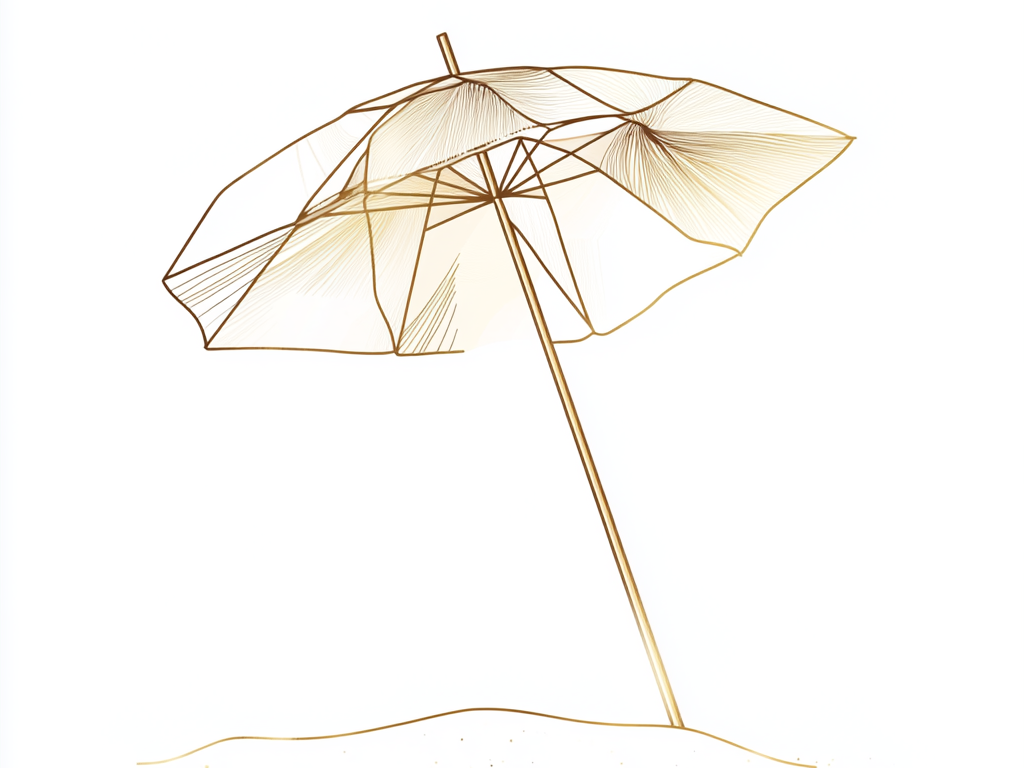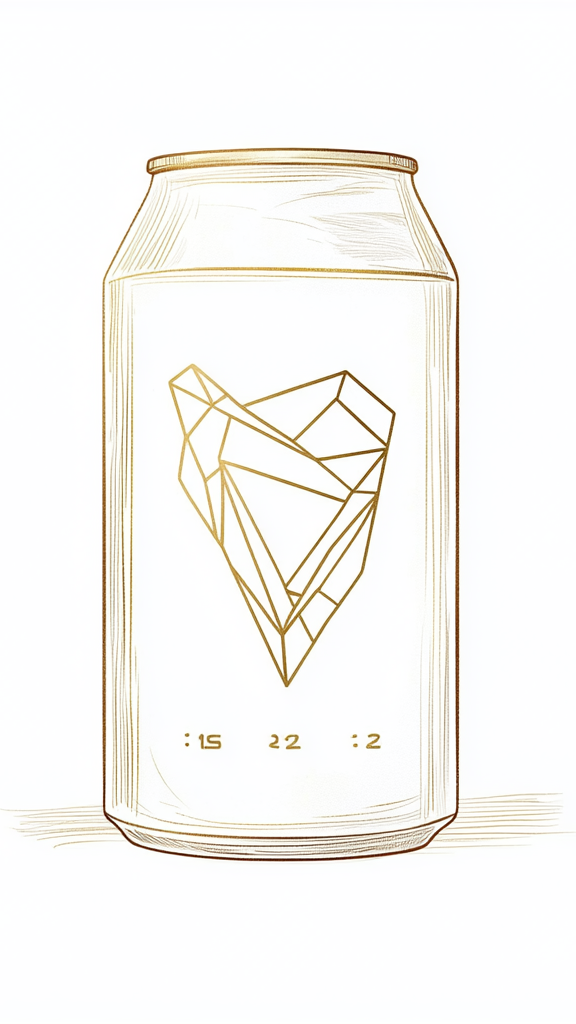Click play to listen to a deep dive podcast – like overview of this story. This summary is AI generated, and some elements may be not be accurate. –>

Life is unfair.
My dad told me that a lot growing up. When I would be upset about something, or say it was unfair that my brother got something I didn’t… he would say, “Life is unfair. Get used to it.”
Inherently, I don’t think he’s all wrong. Life involves a lot of unfairnesses. But also, I wonder… is it true as a blanket statement? Life is just unfair, and there’s nothing we can do about it? Full stop?
Another thing I’ve heard before is “nothing in life is guaranteed except death and taxes.” This is another one that I’m starting to question. Well, the taxes part at least. When did this become assumed, and how do we know?
My husband was very on top of things this year, filing our taxes in February. First, I’m impressed with him for getting it done so quickly, especially considering the wild year it’s been. Second…all we have received back from the IRS is about 5 letters saying, they need more time to send us our refund.
I looked it up… and apparently, Benjamin Franklin said, “In this world, nothing is certain except death and taxes.” Dang it, Ben! Where is my money?!
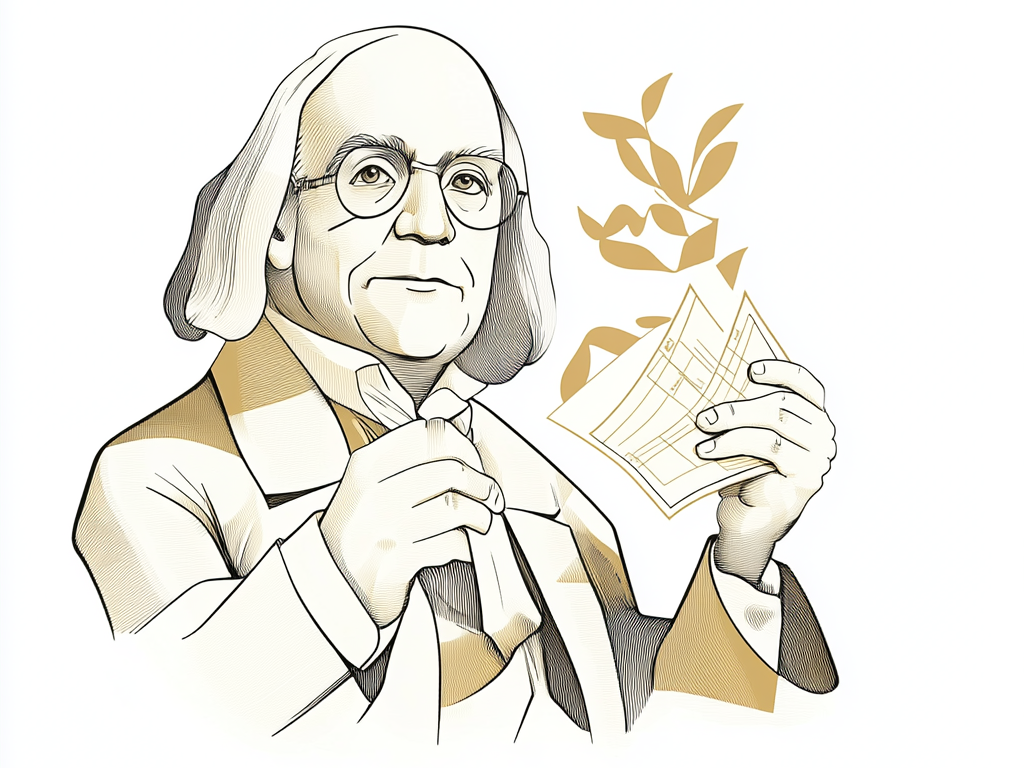
I was reminded of a commercial from my childhood. It’s from J.G. Wentworth (and now I have the song in my head… if you know, you know.) Anyway, when they say, “It’s my money, and I need it now,” it doesn’t actually change anything. Needless to say, I am not super happy, and we are still waiting.
Having MS is expensive. There are all the ways (I assume) that other chronic illnesses are expensive. Medications, imaging, doctor appointments. Then, there is losing work when I am unable to function properly. Then there’s the medical equipment, mostly for physical functioning.
When I have shared my concerns about how I can continue to do my job, through my illness, many have responded with, “can’t you just do it virtually?” Short answer, yes. I can.
Then I wonder if many people seem to believe that to do my job, all I need to do is sit down and be there. Maybe nod and add “mmhmm,” or “how does that make you feel?” Then, since virtual appointments are a thing, I can just do that.
Maybe I am missing something… but “I don’t think so, Tim,” (my husband references Home Improvement a lot.) I mean it’s just not that easy.
PSA – I know I am biased, but I would recommend therapy for everyone. It’s a delightful experience. There is so much good that can come from having a safe place to truly share your internal process and thoughts. Sometimes, people might think they need an event or an external reason to go to therapy. You don’t. Just the desire to work on yourself, get to know you better, and spend time getting some context into how your life functions.
That being said, the person sitting on the other side of the room (or screen) is not “just sitting there.” Well, I hope not at least. If that is the case, maybe you need a new therapist, and it probably wouldn’t take so much effort to become a therapist.
Yes, we are listening to you, validating your feelings, and giving you space to vent or process recent events. At the same time, we are also conceptualizing and empathizing. Empathy, on the outside, might look like “just sitting.” But it is much more internally. For me at least.
I am literally trying to be there with you. Imagining what it looked like, smelled like, felt like, how it was to be you in the moment you’re sharing. In order to be able to fully be with someone, it requires allowing myself, even if only for a moment, to experience something the way I think they would, or are.
Then, at the same time, doing my best to help my clients make sense of their reality. What are the takeaways? How can I teach them coping skills or help reframe their perceptions? After they leave, I then need to summarize what we did, why I did it (or didn’t do other things) and prove to insurance companies why they should pay me.
I love my job. I really do. I enjoy helping people, and understanding their internal reality. To be honest, I feel honored that others trust me with some of the deepest darkest moments in their lives with the hope that they can leave better than they entered.
In order to do this, I need energy, mental capacity, and space to hold some of their weight without judgement. I think when others suggest working from home or virtually, they mean well and have a good point. The effort it takes to get from my house to work is a lot more than it used to be.
Working from home does take the physical burden off my shoulders, or a large majority of it anyway. What I think others may not recognize, and I don’t blame them because I didn’t know until I was living it, is the mental symptoms I experience.
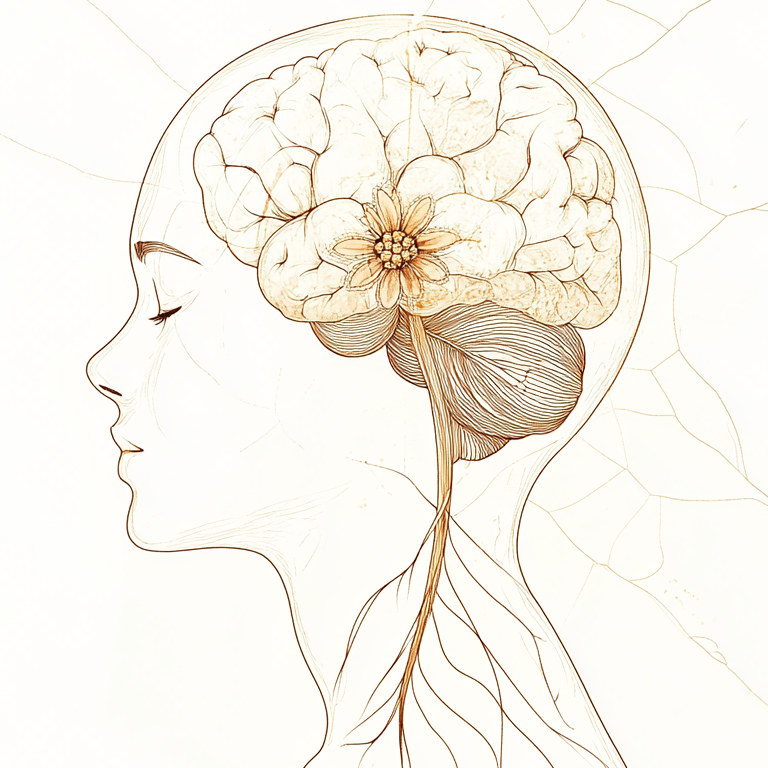
These are what is often called “invisible symptoms.” As much as I hate walking with a cane, or using the wheelchair when things are extra challenging, the mental symptoms feel the most unfair.
I feel very alone with them, and it does not feel as safe to share this with others.
Becoming a therapist is not a quick process. It takes a 3 year masters degree, including an (often unpaid) internship, then 2 years and 2000 hours of working under a licensed professional before you can become licensed. Not to mention passing at least two tests.
In July 2024, I was 1 year away from being able to apply for my license. I was also about 2 weeks away from starting a job in private practice. I’m glad I experienced community mental health when I did, and I was ready to move on. I was feeling overwhelmed with the high caseload, high acuity, and low salary.
Don’t get me wrong, I was good at my job. I liked my clients, and I was devoted to giving them the best care possible. I was just ready for a change of pace, and truthfully, more compensation.
Not only is becoming a counselor a long process, it’s also not a cheap one. School is expensive! There are so many books, and did I mention the internship is not paid? Then, applying for a license is not free, the tests are not free, and continued education often also has a cost.
In the community mental health setting I started my career, the salary was similar to that of a public school teacher. Depending on the school, actually less.
I was so excited to experience the opportunity to continue to work in a field I love, with the potential to make a more livable wage. It now feels rather unfair that I have a chronic illness that limits my ability to think properly, and to use the skills I spent so much time and money to gather.
My dad is right. Life is not fair, but this felt extraordinary unfair. It was almost right as things felt they were about to be sustainable and opening up for me, everything came crashing down. Trust me, that is not the end of the unfairness I have experienced this year.
Recently, I went to the Bahamas, which felt very special and lucky. I was worried that I wouldn’t be able to go anywhere, so going to a tropical island on a cruise was like a dream. At home I barely leave the house because it feels like so much effort.
Heat has a tendency to exacerbate MS symptoms, which I was ready for… well I expected it at least. I noticed intense fatigue, as well as increased numbness in my hands and feet. I planned ahead and did my best to manage those symptoms, took breaks, drank way too much Red Bull, and brought a wheel chair.
I was expecting being back home I would start to feel better, or at least not worse. It was not as hot in Colorado, or as humid. Turns out, I learned something new. The altitude was affecting me in a different way. The altitude was affecting me in a different way. The weakness and headaches I’d experienced for the last 11 months seemed to disappear in the Bahamas, or at least were significantly reduced
All of this together, and what gave me the “this isn’t fair” thought, was the fact that there didn’t seem to be a reprieve atmosphere. I was disappointed. In the same way, I knew heat was challenging for MS, because of the research I had done, as well as my experience. What I was disappointed to learn was the fact that, for me at least, cold weather seemed to have a similar effect.
Summers, and winters are both hard in Colorado… and the Mile High city and the mountains that I love no longer felt like a relaxing space. I suppose all these words, written on Father’s Day, are just to say my dad is right. Life really isn’t fair.
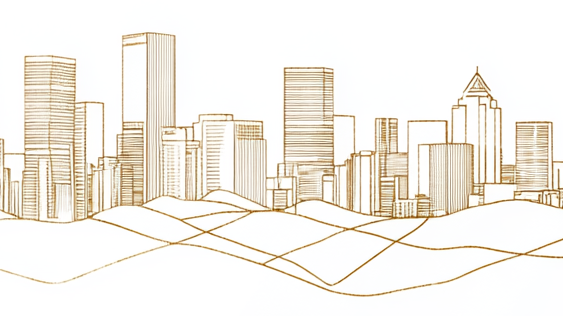
I’ve been told by the internet, doctors, and physical therapists I did nothing wrong to cause this diagnosis. And currently, there is no “cure” either. So here I am… and I am stuck with these limitations without any obvious break.
Fair? Nope. So, now what?
My work as a therapist, specifically in community mental health, has allowed me to learn a lot more about Dialectical Behavioral Therapy (DBT). There are two specific elements of this modality that I find helpful here, and I hope it might be helpful for others as well.
- Radical Acceptance. Simply put radical acceptance is completely and fully accepting reality as it is right now, without fighting it, or focusing on how it should not be. It does not mean we have to enjoy, agree with, or find this reality fair. It is just allowing what is real to be real right now.
The goal is to stop wasting time and energy on trying to fight something that cannot be changed, and instead taking that energy and putting it towards surviving, coping, and living with the reality you’re in.
- I am not sure if this is a concept as much as something that Marsha Linehan, the founder of DBT, said. “The things that happen to us, although they are not our fault, are our responsibility to manage and accept.” It involves moving away from finding blame or focusing on “why me,” and moving towards what happens next.
Which brings me to one more, although frustrating realization. This one is for you, Ben. Dude, it’s not fair that my husband was able to get all of our taxes done and sent in FEBURARY, and somehow it is now mid-June, and all we have is multiple letters from the government saying they need 60 more days.
I know there’s not much I can do about it, other than wait. Because I trust other insights you have had Ben, I will trust you. Taxes are guaranteed. My only hope now is that the refund will be too.
**One month later reflection coming 7/24/2025!**

